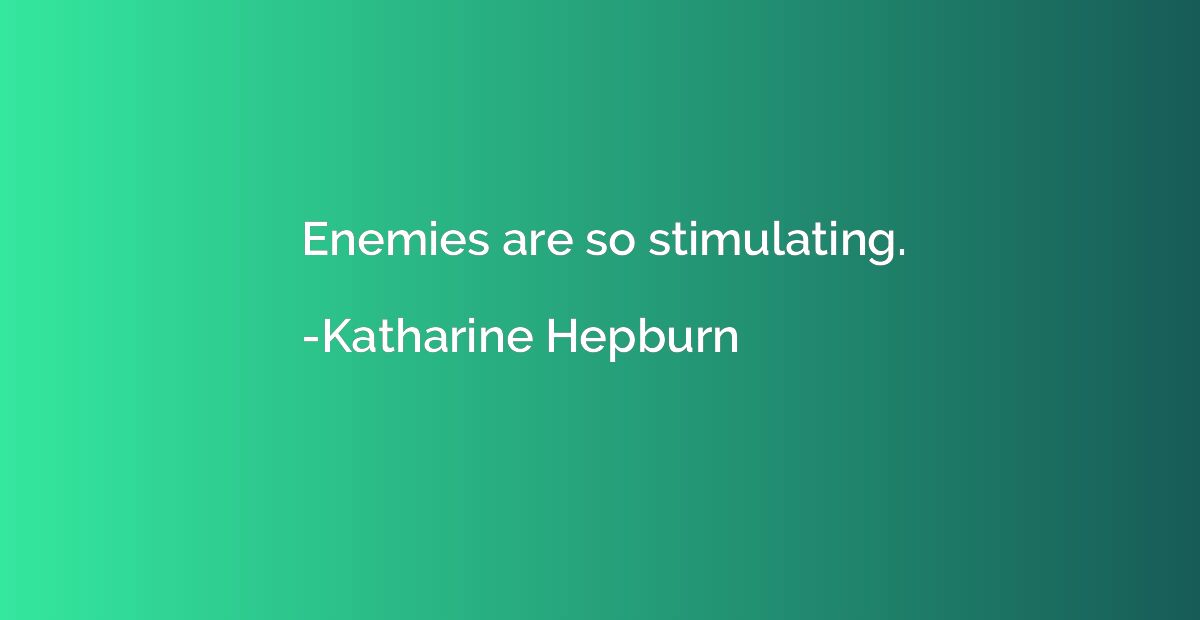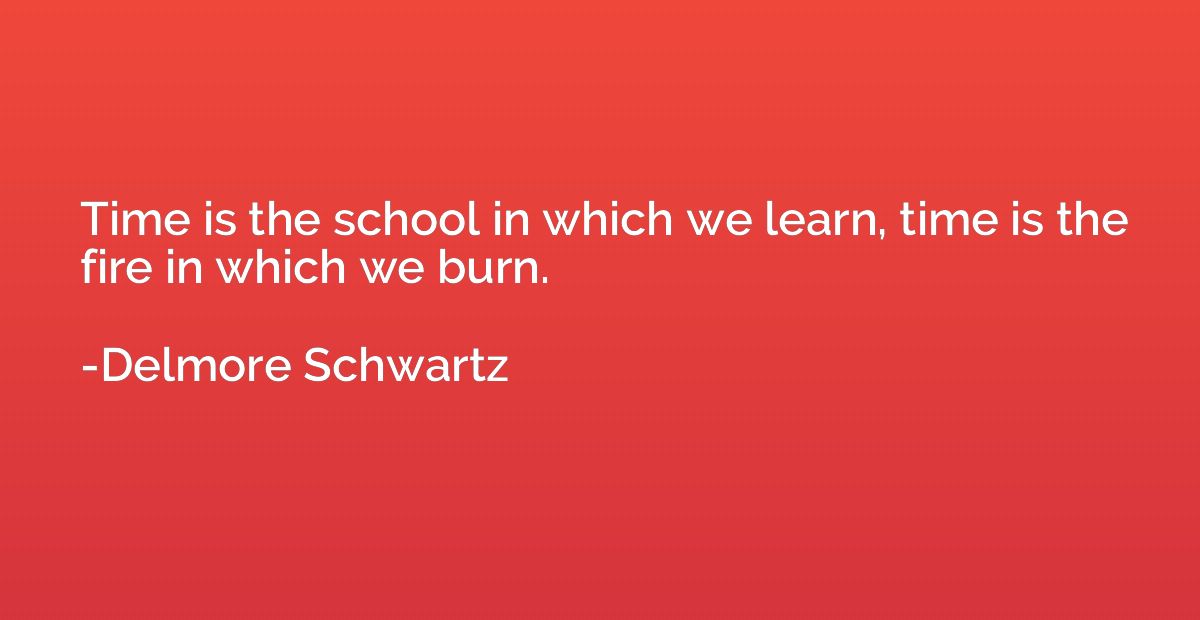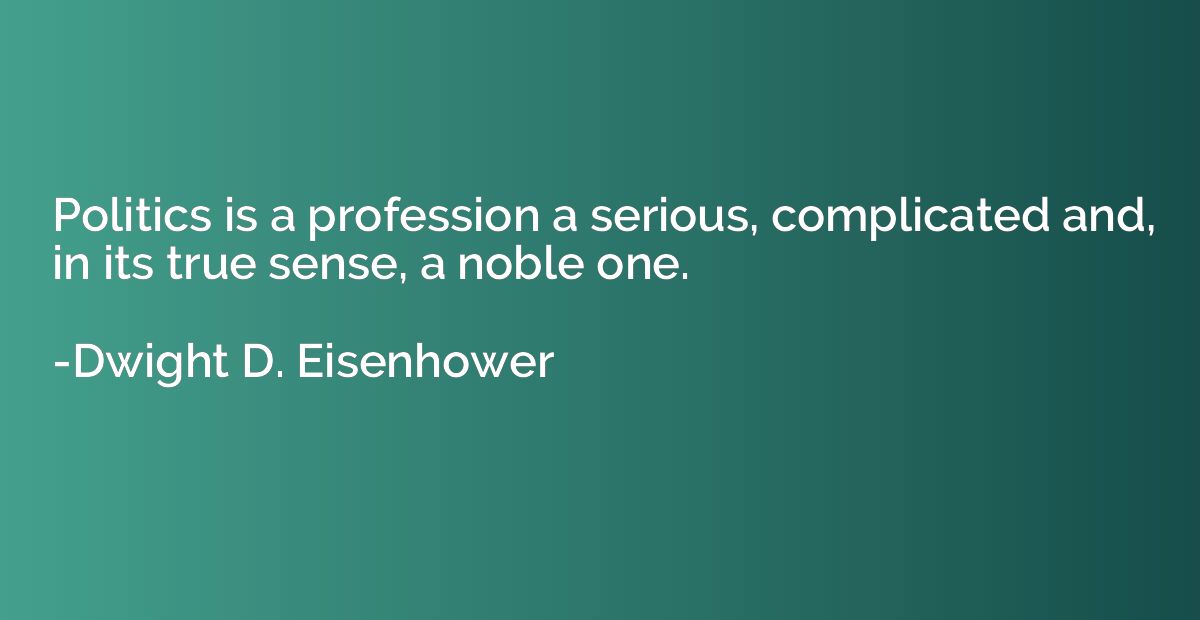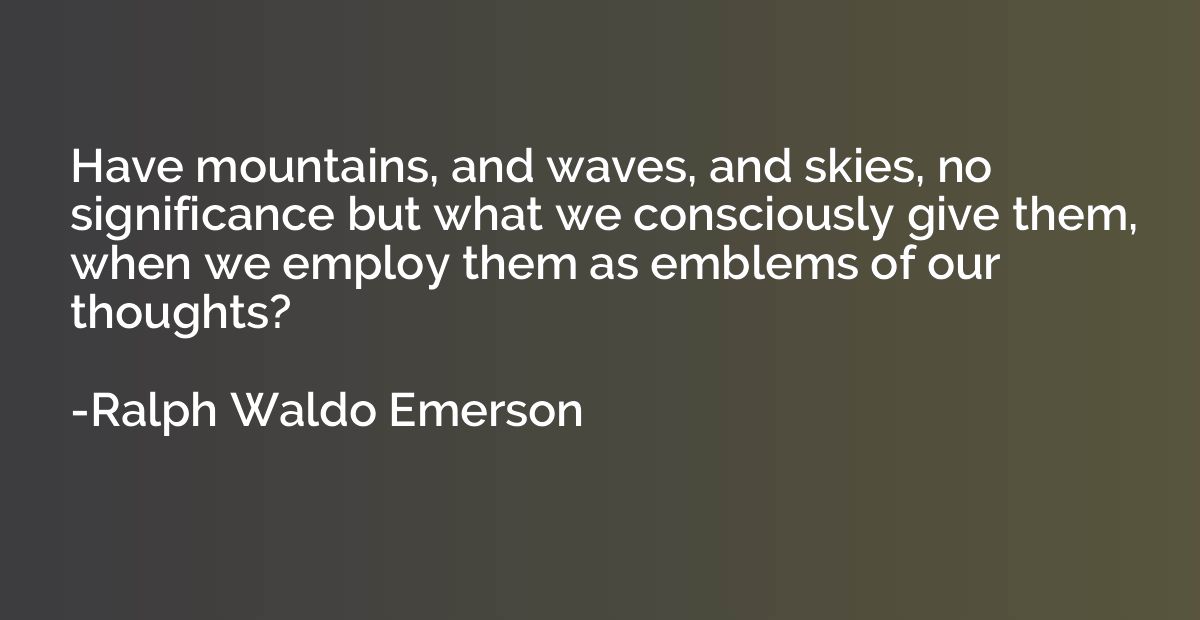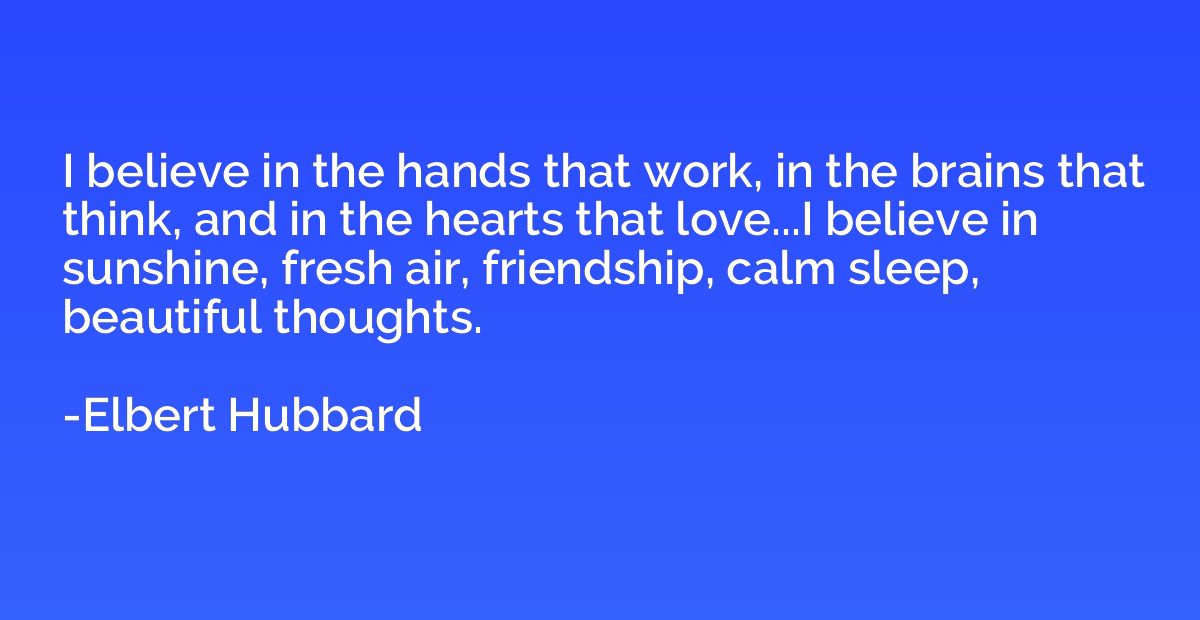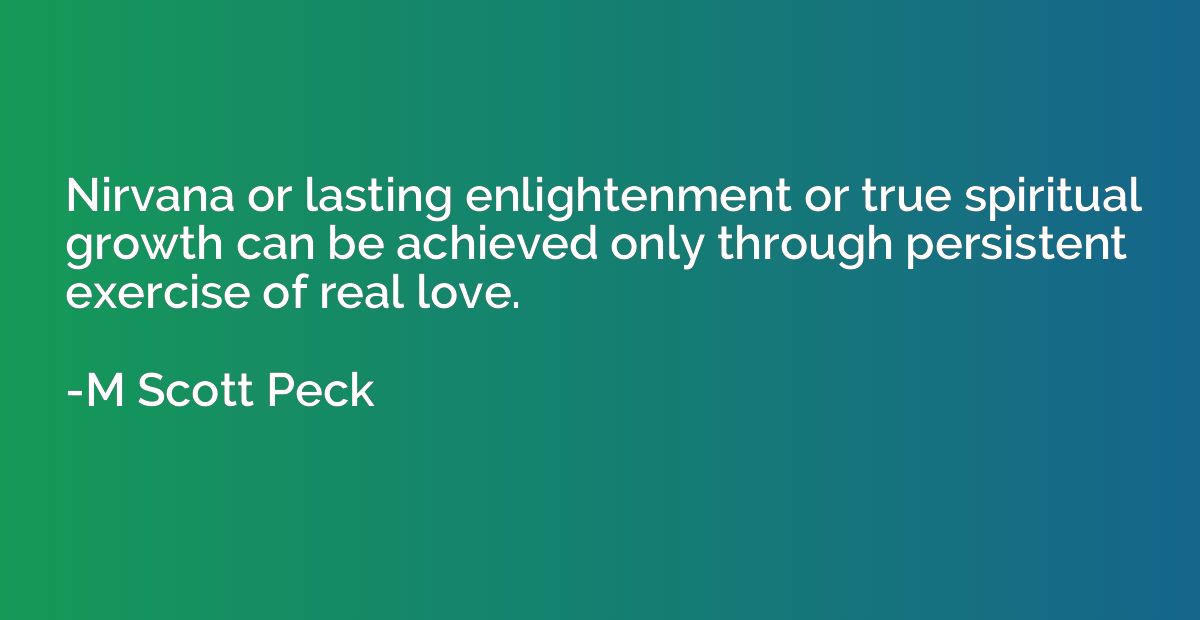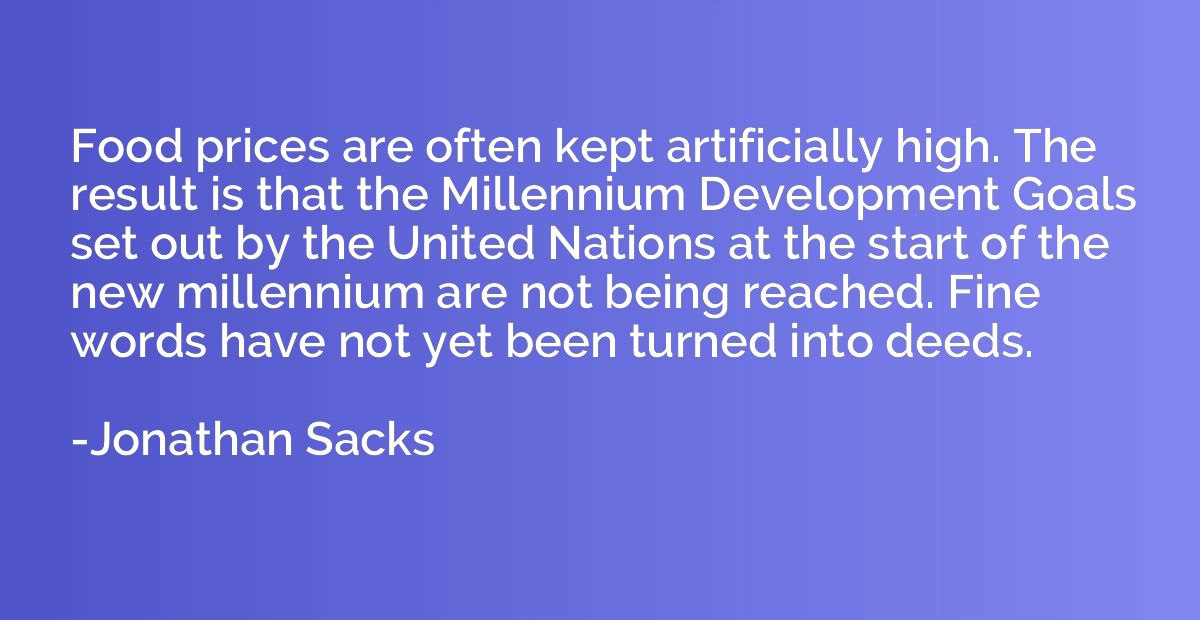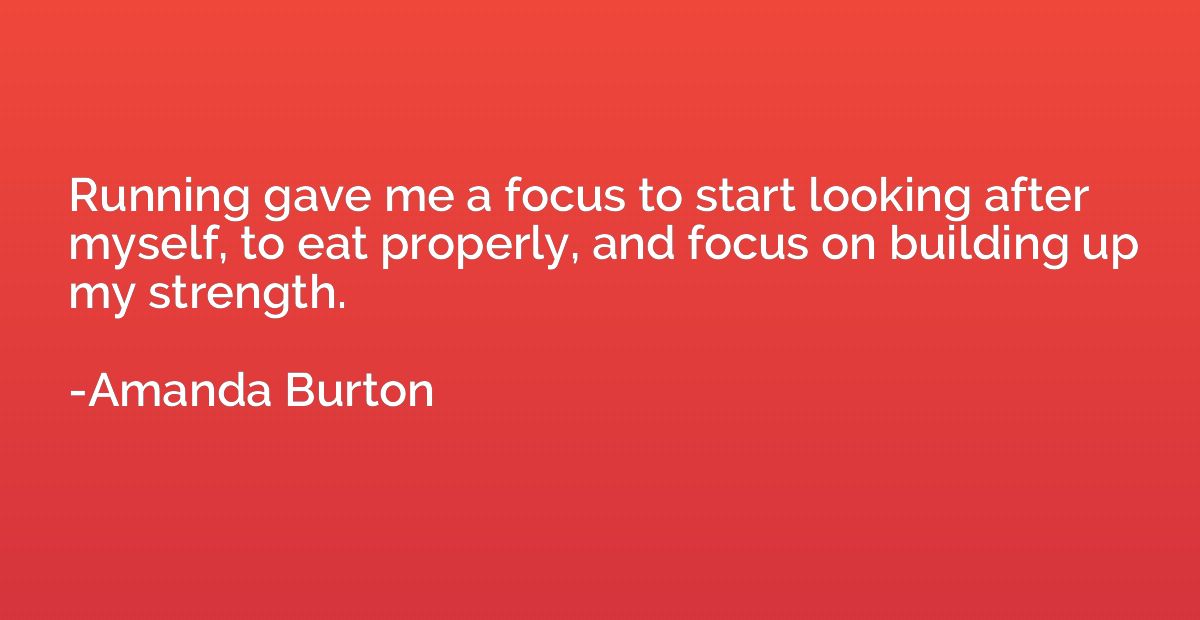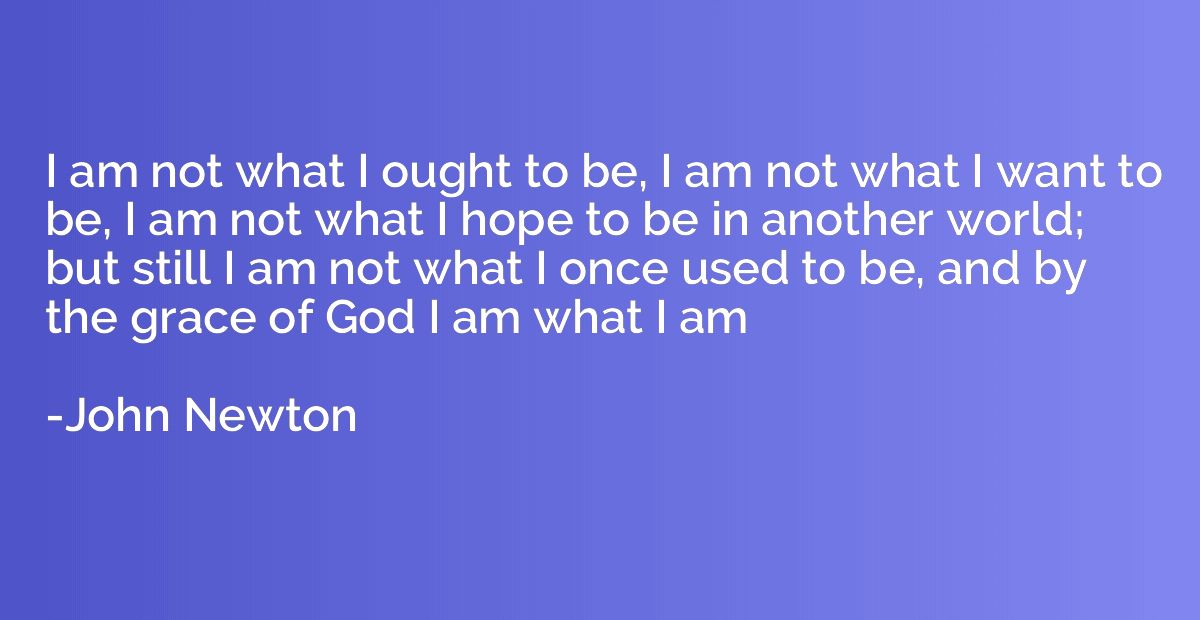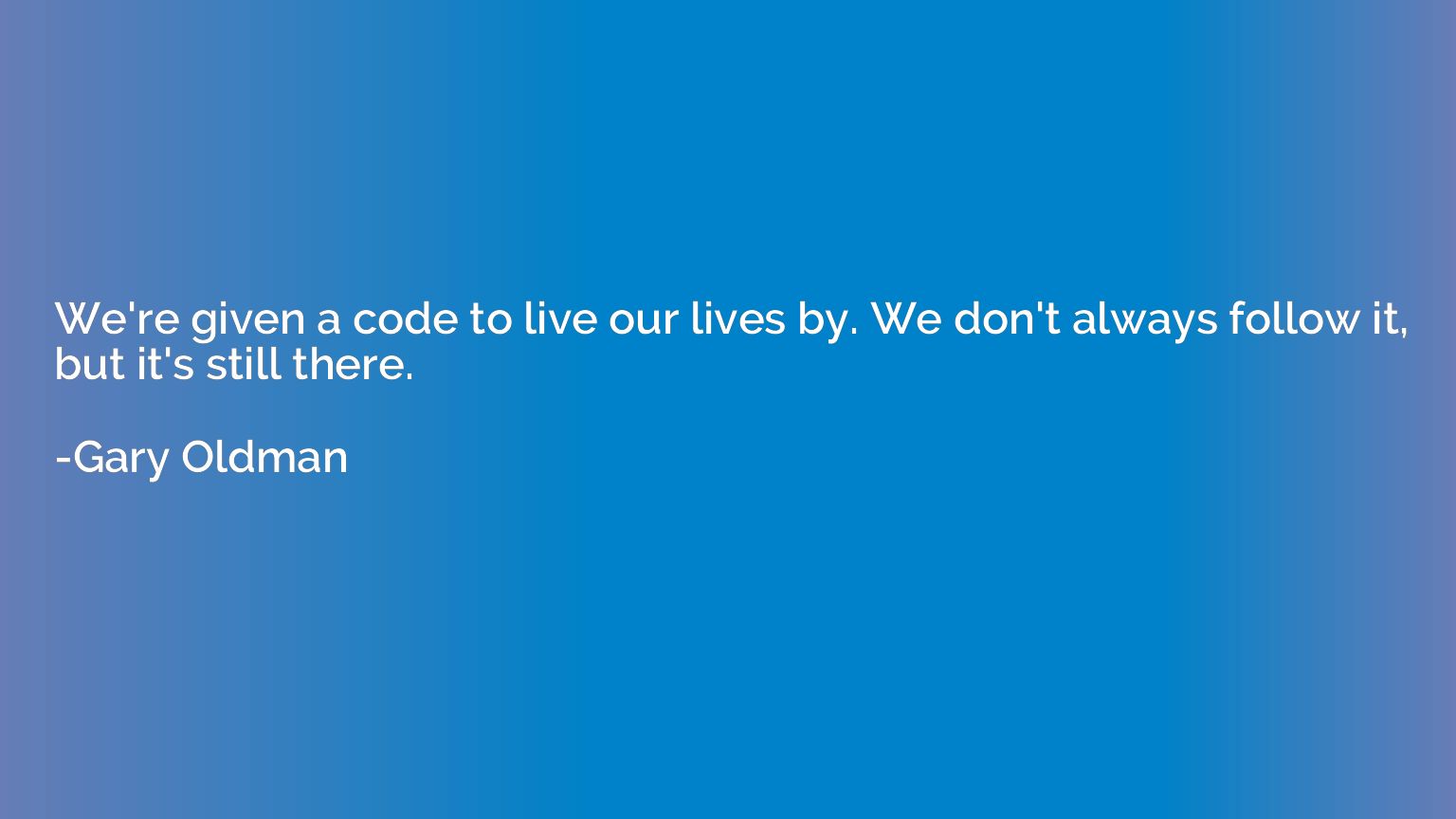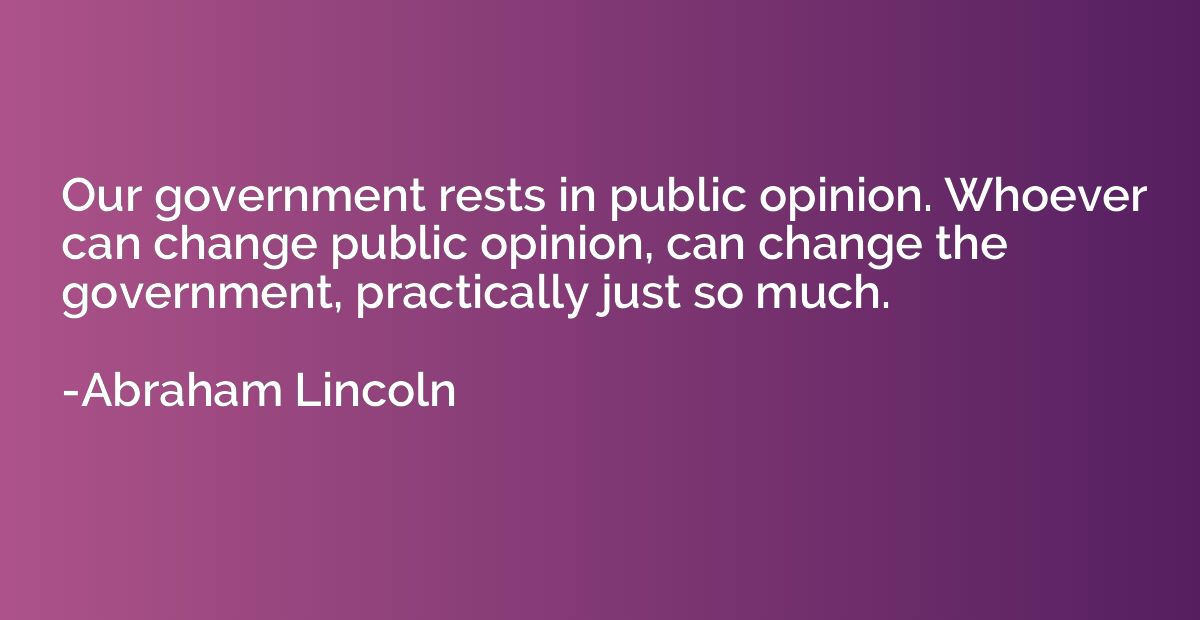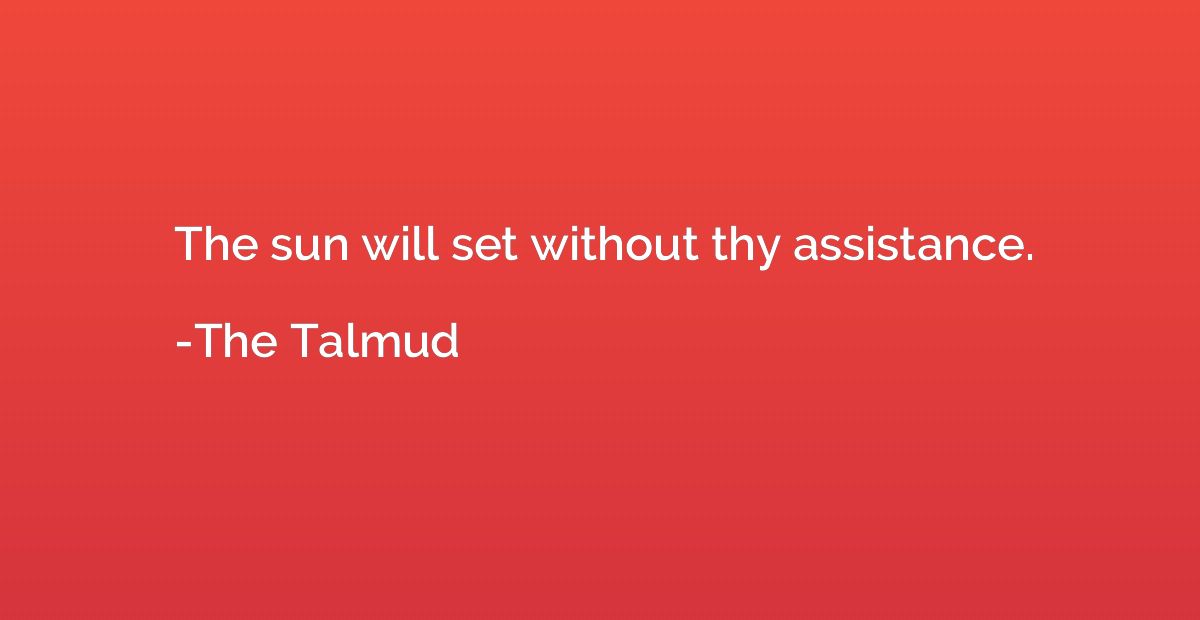Quote by Walt Whitman, Emerson, 1892
At times it has been doubtful to me if Emerson really knows or feels what Poetry is at its highest, as in the Bible, for instance, or Homer or Shakspeare. I see he covertly or plainly likes best superb verbal polish, or something old or odd
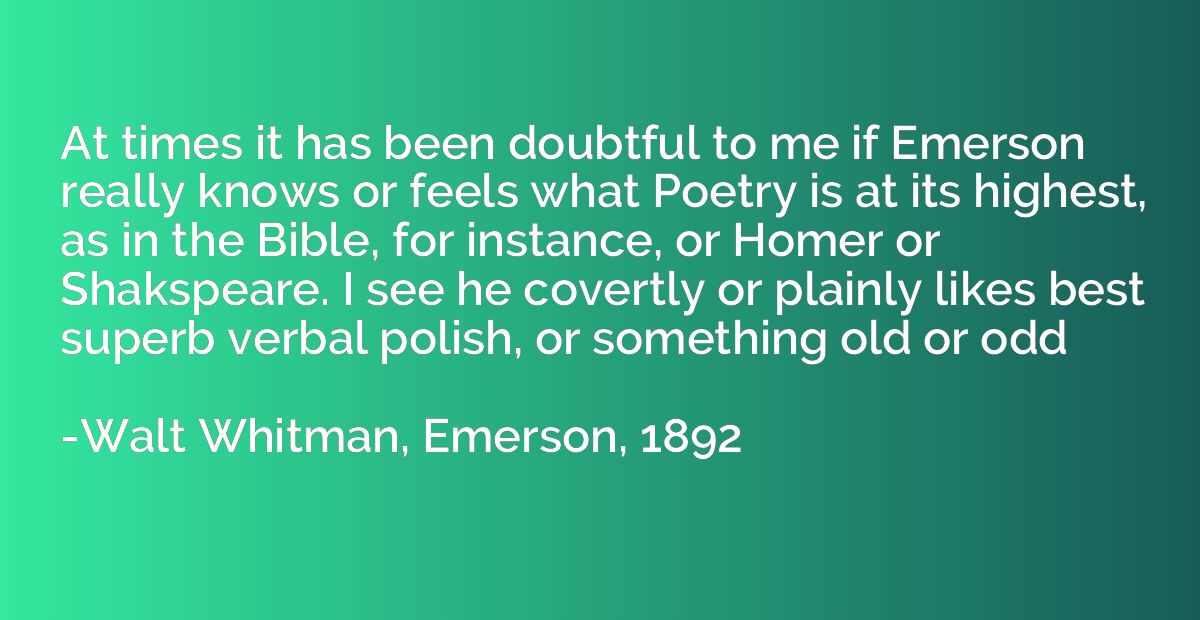
Summary
In this quote, the speaker expresses skepticism towards Emerson's understanding and appreciation of poetry. They suggest that Emerson may not fully comprehend or experience the kind of poetry found in renowned works like the Bible, Homer's epics, or Shakespeare's plays. The speaker implies that Emerson seems more inclined towards exquisite language craftsmanship, and has a preference for antiquated or peculiar subject matters in poetry.



